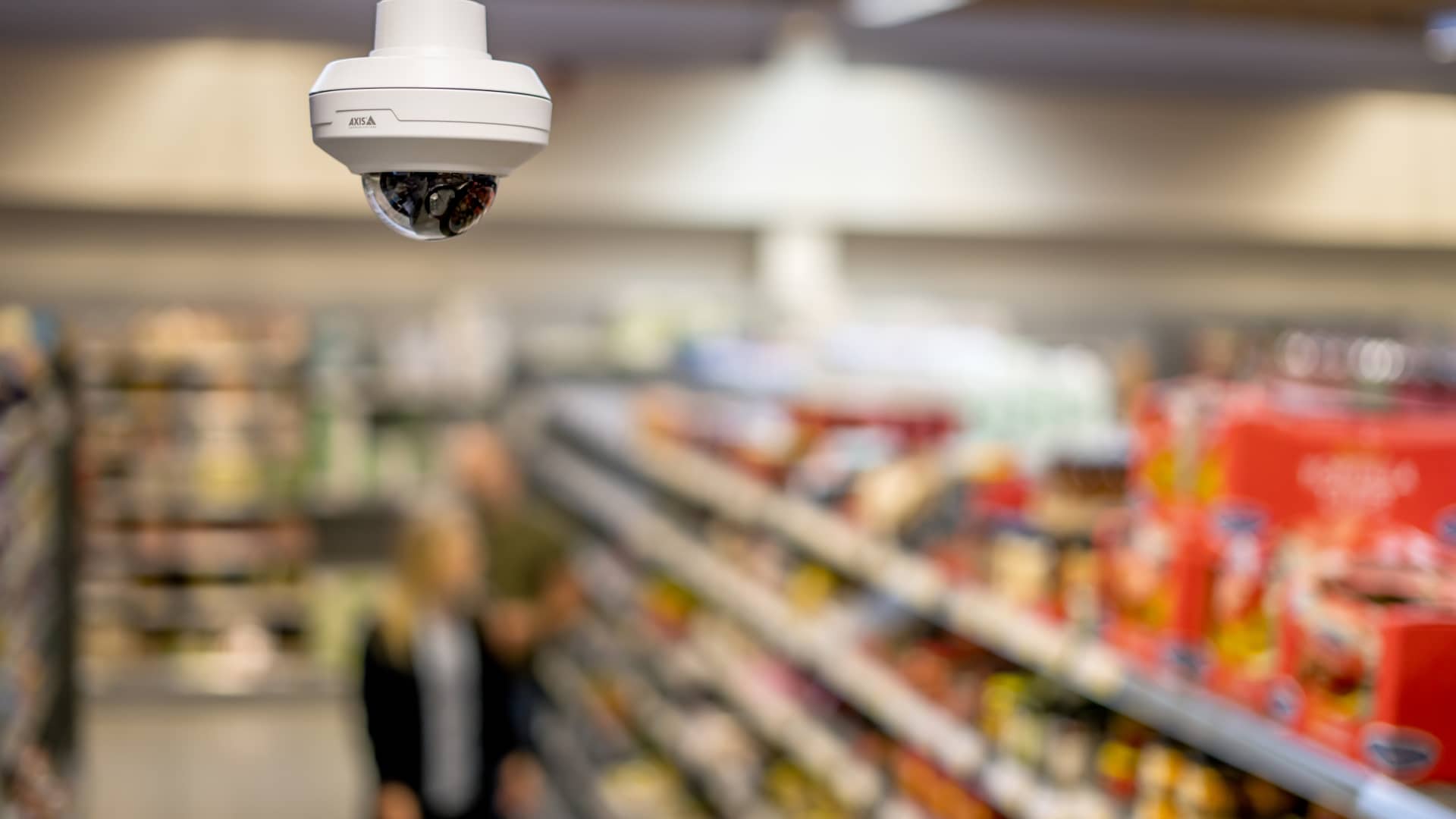The governors of New York and California announced sweeping plans to crack down on retail crime this week, as trade associations and police departments lobby for government action to curb theft.
The plans include new legislation designed to increase the penalties for retail crime offenses and more funding for police departments and district attorney’s offices to help them tackle theft.
Both Govs. Kathy Hochul of New York and Gavin Newsom of California, who represent the country’s largest Democratic strongholds, made preventing retail theft a top priority this year as voters from both sides of the aisle point to crime as one of their biggest concerns ahead of the 2024 election. The sheer fact that major “tough on crime” platforms are coming from Democratic governors of progressive states also threatens to upend decades of partisan political fault lines. In the modern era, Republicans have traditionally fought to stiffen criminal penalties, while Democrats have sought to address deeper causes of crime, like poverty, inequality and urban unemployment.
But not anymore.
Since 2022, at least nine states — including six in 2023 — passed laws to impose harsher penalties for organized retail crime offenses, and New York and California could join that list. Retailers and trade associations around the country have worked to get the bills written and past the finish line.
It’s tough to determine whether theft offenses are up nationally, as it’s a crime that often goes unreported and undetected. It’s also unclear how effective the proposed legislation will be.
Experts previously told CNBC that laws that increase penalties for retail crime offenses may not actually reduce theft offenses, and could disproportionately harm marginalized groups. Similar strategies implemented to address the drug trade have done little to reduce the use or availability of illegal narcotics. Similar to low-level drug dealers, many serial thieves face mental illness, poverty or drug addiction, law enforcement agents previously told CNBC.
Hochul in her State of the State address said she is planning to introduce bills that would create criminal penalties for online marketplaces and third-party sellers that contribute to the sale of stolen goods. She also aims to work with the legislature to strengthen penalties for those who assault retail employees.
In addition, Hochul plans to set up two new task forces dedicated to tackling theft – one for building cases against organized retail theft rings and another that addresses so-called smash-and-grab robberies.
As part of the initiatives, Hochul called for expanded funding for state police departments and district attorney’s offices to better equip them to tackle retail theft and other property crimes like burglary. She also wants to establish a tax credit for business owners who implement store security measures to help them offset those costs.
“Across our nation and our state, retail theft has surged, creating fear among customers and workers. Thieves brazenly tear items off shelves and menace employees. Owners go broke replacing broken windows and stolen goods, driving many out of business,” Hochul said in her address.
“These attacks are nothing less than a breakdown in the social order. I say: no more. The chaos must end.”
Newsom said California will invest $1.1 billion over the next four years to address “safety and security” – $373.5 million of which will be dedicated to combating organized retail theft, according to his office.
In his state budget address, Newsom said 52 sheriff’s and police departments have already received upwards of $250 million in new grants to combat retail theft. He added district attorney’s offices are receiving assistance to advance prosecution efforts.
“We mean business in this space,” Newsom said.
Newsom this week also called for new legislation that would address organized retail crime. He wants to target in particular people who are accused of repeatedly stealing from the same stores and “professional thieves” who resell stolen goods.
The proposals include new penalties that target people who engage in retail theft, including by increasing felony penalties and prison time, and bolstering existing laws so police can arrest theft suspects even if they didn’t witness the crime as it was happening.
Newsom is also calling for changes to the state penal code that would allow police to aggregate theft incidents within a given time period so it’s easier to charge repeat offenders with grand theft and other felonies. Currently, someone has to steal more than $950 goods in a single incident to be charged with grand theft in California.
— CNBC’s Christina Wilkie contributed to this report.
Don’t miss these stories from CNBC PRO:
- There’s one stock Wall Street loves so much for 2024 that five analysts in one day picked it as their favorite
- Morgan Stanley names its top stocks for 2024, including this streaming giant
- Investing tips from Warren Buffett to start the new year on the right foot
- Goldman sees a 50% gain ahead for this Chinese electric vehicle stock, initiates with buy rating
- ‘Twice as cheap’: These stocks’ discount to the S&P 500 is double its average, Ritholtz’s Brown says
